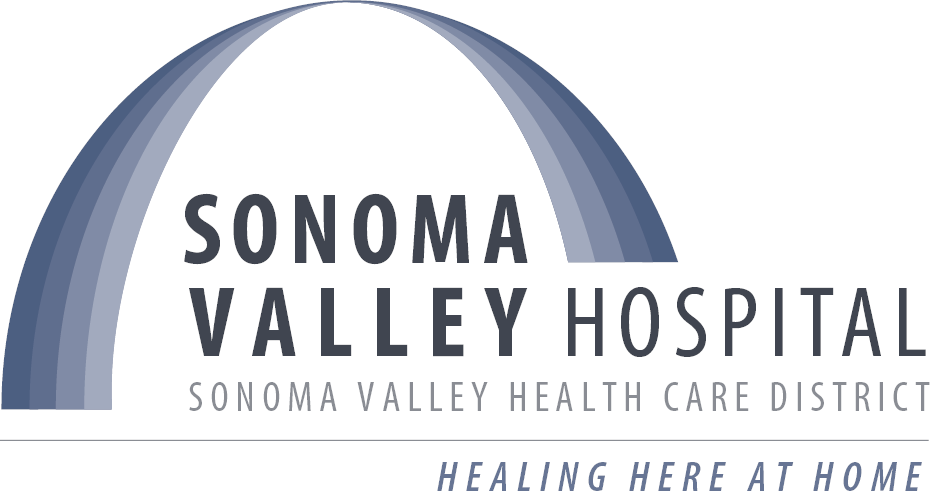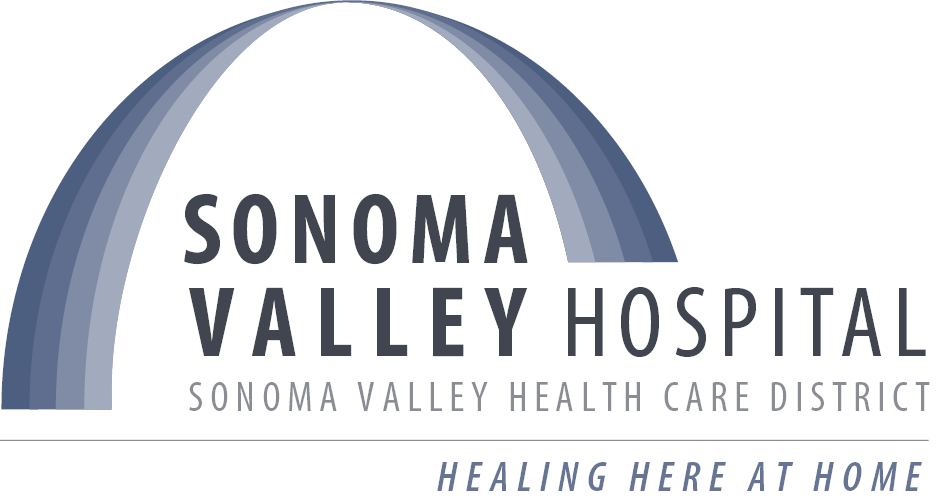Monkeypox
Leer en españolMonkeypox
Based on the currently available data, the risk of monkeypox to the public is low. Monkeypox can infect anyone, recent cases in 2022 have occurred among persons self-identifying as men who have sex with men. However, anyone, regardless of sexual orientation, who has been in close personal contact with someone with monkeypox is at risk.
Learn how monkeypox and COVID-19 differ: Monkeypox vs. COVID-19 (ca.gov)
State of California Department of Public Health – Monkeypox Dashboard: https://www.cdph.ca.gov/Programs/CID/DCDC/Pages/Monkeypox-Data.aspx
The information below is aggregated from California Department of Public Health, Center for Disease Control and UCSF sources.
Table of Contents
- What is monkeypox?
- Monkeypox symptoms
- Monkeypox prevention
- Monkeypox treatment
- Monkeypox vaccine
What is monkeypox?
Monkeypox is a zoonotic virus, meaning it was initially transmitted to humans from infected animals. Monkeypox is rarely fatal, and most people recover without treatment in a few weeks. Pain relievers and topical medications can ease the symptoms. If you have a severe infection, your doctor may prescribe an antiviral medication.
Monkeypox symptoms
Early symptoms – fever, swollen glands and muscle aches – may resemble the flu. Many patients also develop a rash that looks like blisters or pimples on the genitals, anus, fingers, mouth, eyes or elsewhere on the body. Spots typically begin as flat sores, then turn into fluid-filled bumps that eventually burst and crust over.
Monkeypox symptoms usually start within 3 weeks of exposure to the virus. If someone has flu-like symptoms, they will usually develop a rash 1-4 days later.
Monkeypox can be spread from the time symptoms start until the rash has healed, all scabs have fallen off, and a fresh layer of skin has formed. The illness typically lasts 2-4 weeks.
Monkeypox prevention
Take the following steps to prevent getting monkeypox:
- Avoid close, skin-to-skin contact with people who have a rash that looks like monkeypox.
- Do not touch the rash or scabs of a person with monkeypox.
- Do not kiss, hug, cuddle or have sex with someone with monkeypox.
- Avoid contact with objects and materials that a person with monkeypox has used.
- Do not share eating utensils or cups with a person with monkeypox.
- Do not handle or touch the bedding, towels, or clothing of a person with monkeypox.
- Wash your hands often.
- Wash your hands often with soap and water or use an alcohol-based hand sanitizer, especially before eating or touching your face and after you use the bathroom.
Monkeypox treatment
Monkeypox typically lasts 2-4 weeks. There are no treatments specifically for monkeypox virus infections. However, monkeypox and smallpox viruses are genetically similar, which means that antiviral drugs and vaccines developed to protect against smallpox may be used to prevent and treat monkeypox virus infections. Antivirals, such as tecovirimat (TPOXX), may be recommended for people who are more likely to get severely ill, like patients with weakened immune systems.
If you have symptoms of monkeypox, you should talk to your healthcare provider, even if you don’t think you had contact with someone who has monkeypox.
Most people with monkeypox recover fully within 2 to 4 weeks without the need for medical treatment.
Monkeypox vaccine
People can be vaccinated after known or presumed exposure to someone with monkeypox.
The strategy of post-exposure prophylaxis (PEP) is vaccination of individuals identified by public health officials as known contacts through case investigation, contract tracing, or risk exposure assessments.
In addition to individuals described above, expanded post-exposure prophylaxis (PEP++) includes vaccination of:
- People who are aware that a recent sex partner within the last 14 days was diagnosed with monkeypox.
- Certain gay, bisexual, or other men who have sex with men, or transgender people, who have any of the following within the past 14 days: sex with multiple partners (or group sex); sex at a commercial sex venue; or sex associated with an event, venue, or defined geographic area where monkeypox transmission is occurring.
Vaccination before exposure to monkeypox, called pre-exposure prophylaxis (PrEP), is recommended for people in certain occupational risk groups (e.g., laboratory personnel performing diagnostic testing for monkeypox virus and members of health care worker response teams designated by appropriate public health and anti-terror authorities).
Dosing regimen for JYNNEOS.

For more information visit:
CDC: https://www.cdc.gov/poxvirus/monkeypox/index.html
CDC: https://www.cdc.gov/poxvirus/monkeypox/interim-considerations/jynneos-vaccine.html
CA-DPH: https://www.cdph.ca.gov/Programs/CID/DCDC/Pages/monkeypox.aspx
Not finding what you are looking for? Please let us know: community@sonomavalleyhospital.org or call Community Outreach at Sonoma Valley Hospital: 707.935.5257


